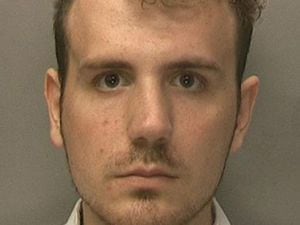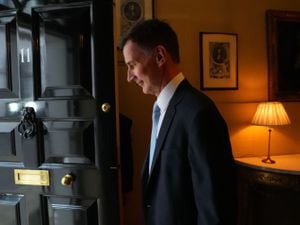Stormont leaders differ over Northern Ireland centenary plans
Prime Minister Boris Johnson has announced plans to establish a centenary forum and a centenary historical advisory panel to mark 100 years.
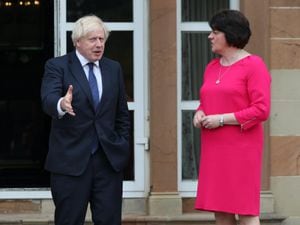
Stormont leaders have immediately differed over whether the centenary of Northern Ireland’s establishment is cause for celebration or a reminder of sectarianism.
Republicans will not honour the creation of a state built on religious discrimination, Sinn Fein’s deputy first minister Michelle O’Neill said.
DUP leader and First Minister Arlene Foster said events next year could be held in an inclusive fashion which did not cause offence and recalled previous contentious anniversaries in the republican calendar.
Mrs O’Neill said: “When it comes to partition Northern Ireland was built on sectarianism, gerrymandering (tampering with voting districts to deliver certain results) and an inbuilt unionist majority and that is not something that I would ever celebrate.”
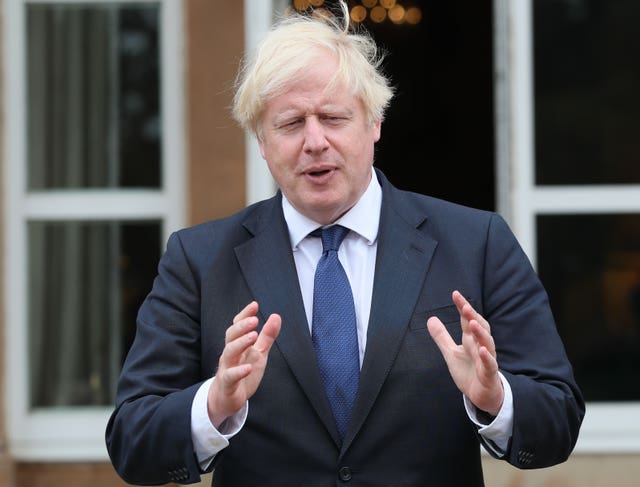
The Prime Minister has announced plans to establish a centenary forum and a centenary historical advisory panel to mark 100 years since its foundation.
Sinn Fein’s vice-president said it was important that republicans engaged in the debate around partition and looked to the future.
“There is no doubt in most people’s minds that partition has failed everyone, our people, our economy, our two islands,” she said.
Northern Ireland was created in May 1921 following the partition of Ireland.
Mrs Foster said: “I think it is an event for the whole of Northern Ireland, looking forward to the future, looking forward to our young people having a place in the world and that is what I want to see happening for our centenary plans.”
She added: “It is important that we recognise the reality that Northern Ireland is part of the UK and has been for 100 years.
“We also recognise that there have been a number of anniversaries already passed by.”
Those include the centenary of the 1916 Easter Rising against British rule and First World War dates like the Battle of the Somme in which many Ulster soldiers died.
Mrs Foster added: “It is important that we mark these next year centenary events in a way that does not cause offence and in a way that is inclusive.”
The new Northern Ireland state, comprising six northern counties, had a unionist majority and went on to play a significant part in British industry and war efforts.
Irish republicans committed to a united Ireland criticised what they felt was an inequitable distribution of political and economic power north of the border.
The civil rights movement of the 1960s highlighted demands for rights like one man one vote and reform of public housing allocation.
As IRA and loyalist violence ramped up, Westminster imposed direct rule from London early in the Troubles.
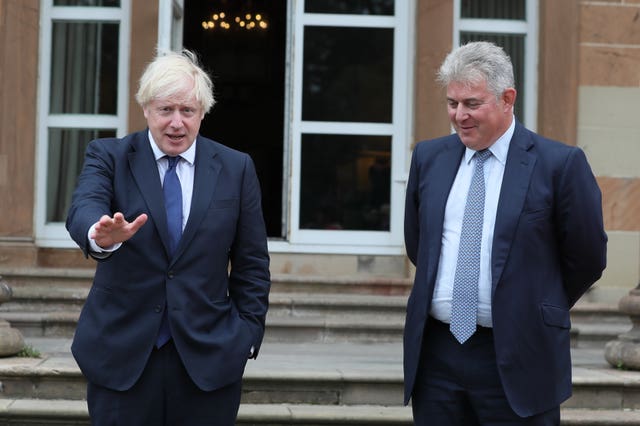
Northern Ireland Secretary Brandon Lewis said: “The centenary is an opportunity to celebrate the people, places and products of Northern Ireland, which has such rich sporting, cultural, entrepreneurial and academic talent.
“It is an occasion to promote Northern Ireland as an attractive place to visit, invest and do business, a place where our young people choose to stay and use their talent to build.”
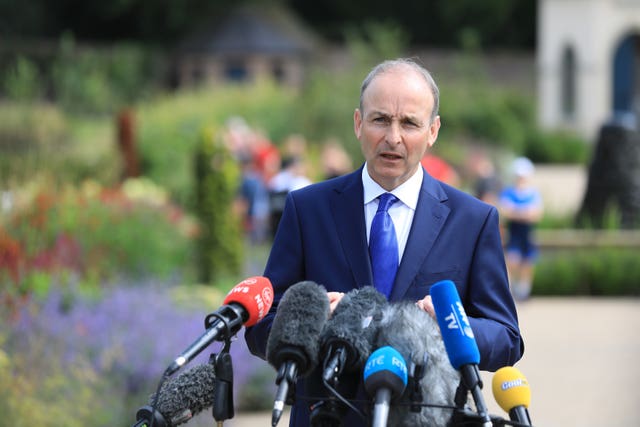
Irish Taoiseach Micheal Martin said it was important that the centenary events were respectful and enlightening.
“History for me is about enlightening the generations to come and current generations,” he said.
“It’s not about trying to prove a point – there will be different perspectives in relation to obviously the centenary commemoration of 1920 and 1921 in respect of the island of Ireland, both in the Republic we will be doing our centenaries and likewise in the north.”
During a meeting with the Prime Minister in Northern Ireland, he told him the model used to commemorate the various 1916 centenaries had proved successful.
“He accepts readily that different traditions will have a different perspective on these big events,” he added.
“The key point is that you tell history, you teach it, you present it in as broad a way as possible, warts and all, and you invite people to make their observations, to take their own insights from an objectively presented narrative.”




